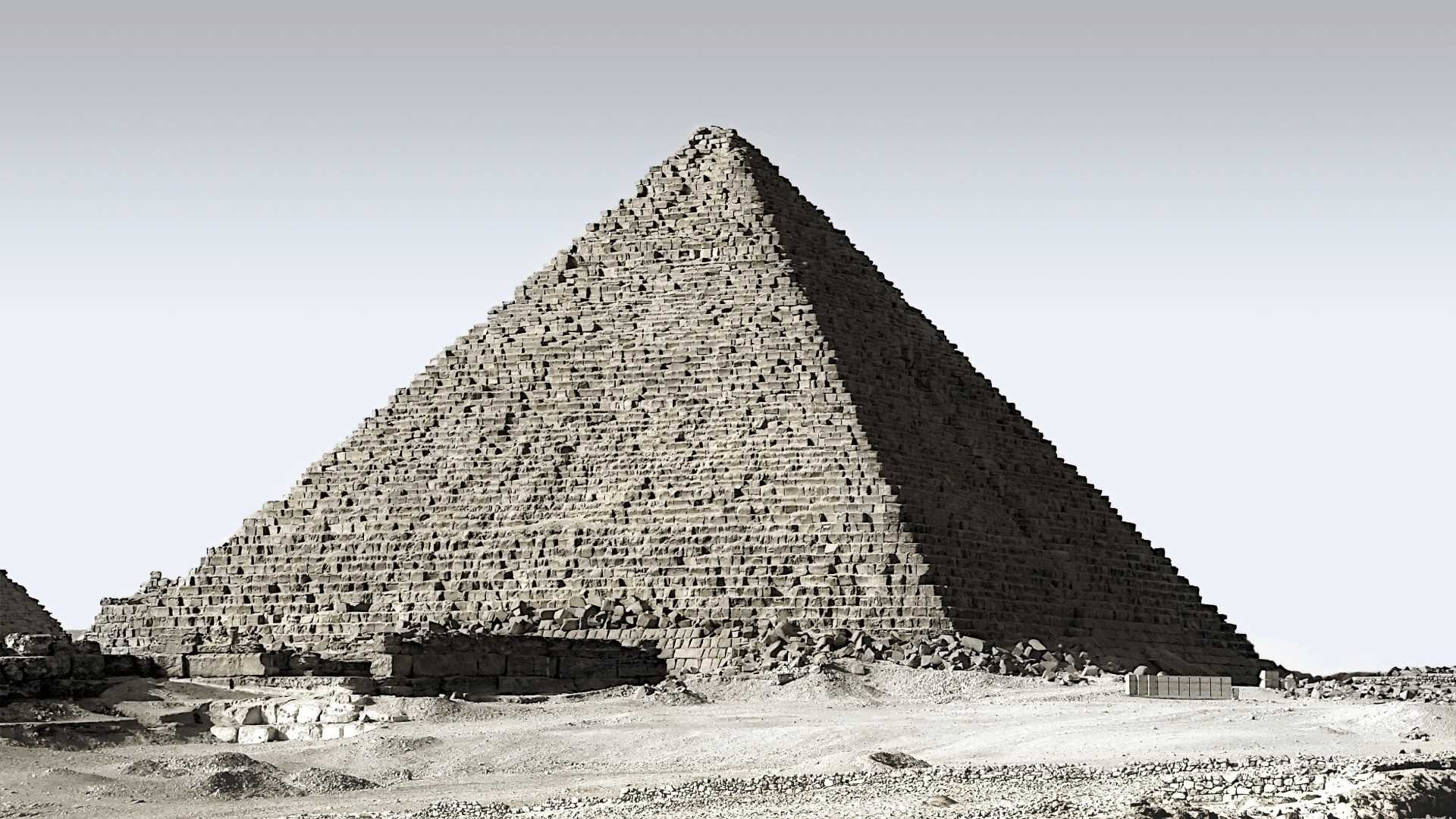In a conversation on Edge.org, historian Yuval Noah Harari discussed how society may change in the future due to advances in technology. He foresees a time of social change and unrest when the elite can afford advanced medicine (possibly even achieving eternal life on earth, he says) and the poor are left farther and farther behind. He compares his predicted social problems to the upheaval caused by the Industrial Revolution:
What is certain is that the old answers were irrelevant [in dealing with the results of the Industrial Revolution]. Today, everybody is talking about ISIS, and the Islamic fundamentalism, and the Christian revival, and things like that. There are new problems, and people go back to the ancient texts, and think that there is an answer in the Sharia, in the Qur’an, in the Bible. We also had the same thing in the 19th century. You had the Industrial Revolution. You had huge sociopolitical problems all over the world, as a result of industrialization, of modernization. You got lots of people thinking that the answer is in the Bible or in the Qur’an. You had religious movements all over the world....
Eventually, people came up with new ideas, not from the Sharia, and not from the Bible, and not from some vision. People studied industry, they studied coal mines, they studied electricity, they studied steam engines, railroads, they looked at how these developments transformed the economy and society, and they came up with some new ideas.
Ross Douthat responded to Harari by making “The Case for Old Ideas”:
New ideas, rooted in scientific understanding, did help bring societies through the turbulence of industrialization. But the reformers who made the biggest differences—the ones who worked in the slums and with the displaced, attacked cruelties and pushed for social reforms, rebuilt community after it melted into air—often blended innovations with very old moral and religious commitments.
When technological progress helped entrench slavery, the religious radicalism of abolitionists helped destroy it. When industrial development rent the fabric of everyday life, religious awakenings helped reknit it. When history’s arc bent toward eugenics, religious humanists helped keep the idea of equality alive....
[T]he assumption, deeply ingrained in our intelligentsia, that everything depends on finding the most modern and “scientific” alternative to older verities has been tested repeatedly—with mostly dire results. The 19th-century theories that cast themselves as entirely new and modern were the ones that devastated the 20th century, loosing fascism and Marxism on the world.
Which makes Harari’s concluding provocation feel like an unintended warning: “In terms of ideas, in terms of religions,” he argues, “the most interesting place today in the world is Silicon Valley, not the Middle East.” It’s in Silicon Valley that people are “creating new religions”—techno-utopian, trans-humanist—and it’s those religions “that will take over the world.”
He could be right. But if those new ideas are anything like the ones that troubled the 20th century, we may find ourselves looking to older ones for rescue soon enough.
Read all of what Harari had to say and Douthat’s response. (For a novelized version of a treatise against transhumanism, read C.S. Lewis’s That Hideous Strength.)
I posted a quote last week from an atheist who warned that science can be used to promote a wide variety of values: “There is no more reason to think science can determine human values today than there was at the time of Haeckel or Huxley [who argued for eugenics based on science].” Anyone looking to technology to lead our society as a “new religion” will eventually find it can’t be counted on to create and uphold beliefs in intrinsic human value, universal human rights, or even compassion. By its very nature, it’s not capable of that.
Humanity is what it is. Read Shakespeare and you’ll find you can relate, even though he lacked your technology. Even if I didn’t think Christianity is true, it would still seem to me that wisdom about ethics and human flourishing is more likely to reside in the time-tested ideas that built thousands of years of civilization than in something brand new.

